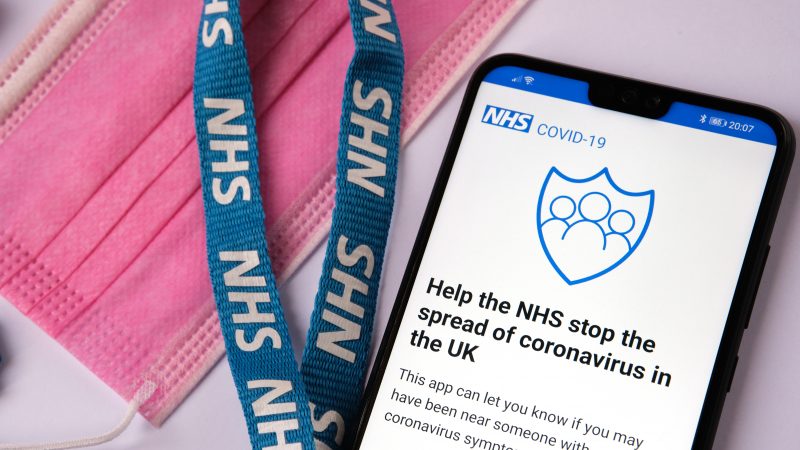
Even ‘NHS’ Test and Trace head and Tory peer Dido Harding has identified this fundamental flaw in the UK government’s approach to coronavirus: people need more financial help if they are expected to self-isolate after being told to do so by the tracing system, experiencing Covid-19 symptoms or coming into contact with another symptomatic person.
“People are not self-isolating because they find it very difficult. They need to keep earning and feed your family is fundamental,” Harding told MPs today. As TUC general secretary Frances O’Grady pointed out, this is a problem that has been “staring us in the face for months”.
O’Grady said: “Asking workers to self-isolate on £96 a week is not viable – especially when many don’t have savings to fall back on. Until the government provides decent sick pay, people will be forced to choose between following the health advice and paying their bills.
“Nobody should be plunged into financial hardship for doing the right thing. Sick pay should be raised to at least the rate of the real living wage and everyone should be entitled to it. It’s not right that two million workers are excluded from it because they do not earn enough.”
Statutory sick pay is £96 a week, which is not enough – as the Health Secretary Matt Hancock himself acknowledged when he admitted that he could not live on that amount. The government announced at the start of the crisis that people would be able to claim sick pay from day one, rather than having to wait until the fourth day, but has not changed the amount nor the eligibility criteria (those earning under a certain amount or those who are self-employed do not qualify).
Ministers attempted in September to compensate for this lack of support not by extending eligibility or upping the level of SSP, which would risk a permanent change, rather than a policy decision that can be easily reversed post-Covid. Instead, they introduced a new scheme set to end in January: the test and trace support payment.
If required to self-isolate by law, an individual may be entitled to a £500 lump sum (not £500 a week, as the Prime Minister once incorrectly suggested). This allows the self-employed to get a look-in. But the eligibility criteria is benefits-linked, which means applicants must be currently receiving Universal Credit or one of the other listed benefits. There is the option of a discretionary payment, but there are more hoops to jump through for that.
TUC polling published in September revealed that more than four in ten workers would be plunged into financial hardship if forced to self-isolate for two weeks on SSP. Dido Harding has now pointed out the obvious, too. And yet the government refuses to budge – all because ministers do not want to implement a positive change that risks being in place long term.




More from LabourList
Government abandons plans to delay 30 local elections in England
‘The cost of living crisis is still Britain’s defining political challenge’
‘Nurses are finally getting the recognition they deserve’